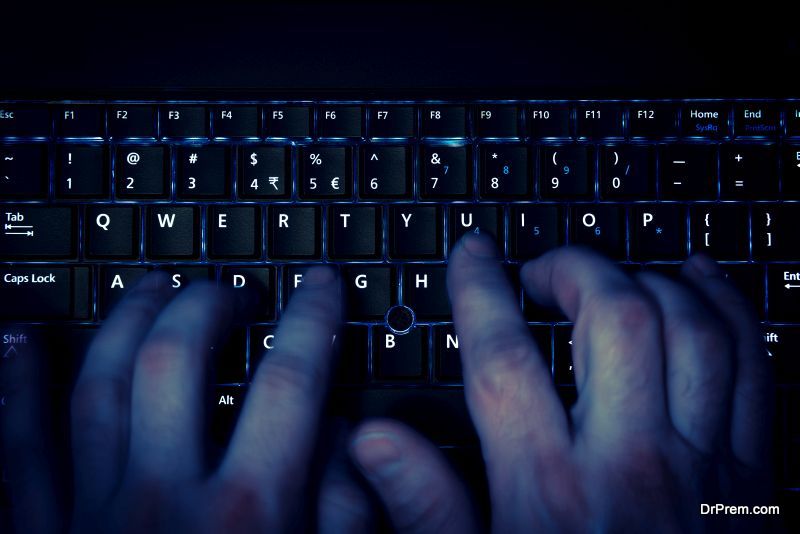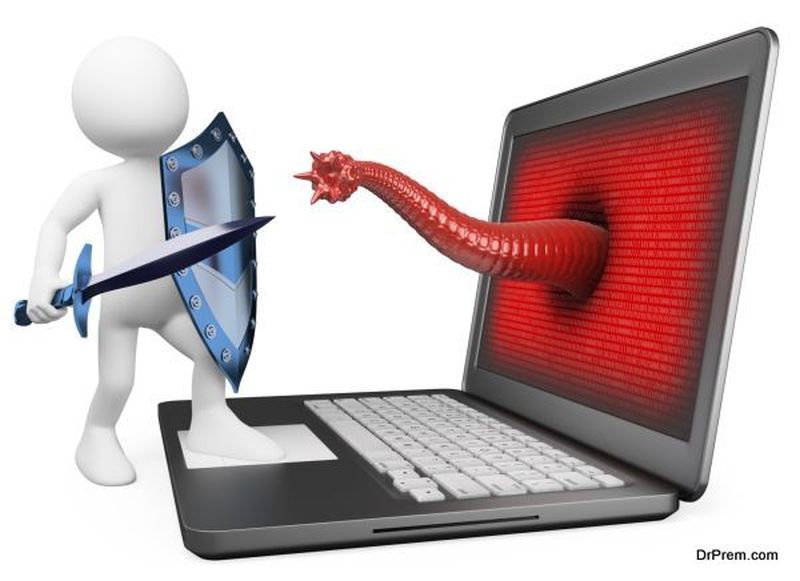With everyone using computers connected to Internet, computer security has become a major issue due to several threats that attack the Internet every other day. Users are becoming vulnerable to hacking, spyware, malware, cybercrime, and what not. As nobody would want to compromise on their private information or lose access to their emails and other accounts, it is critical to adopt ways to secure your computer. Find out how.
Firewall use
Merely using your default Windows firewall is not a sufficient solution to protect your computer. The spyware now days is efficient to surpass even your updated antivirus. You can stay away from malware or spyware programs by using a firewall that only allows certain types of data to pass on and acts as a wall between your computer and Internet. You already have a hardware firewall by using a router to connect to Internet. However, use a firewall that is efficient to monitor every Internet activity.
Scan for malware
At times, malware can even cross your firewall and enter your system via an email attachment. Use the updated scanning software to scan your computer and locate and remove such malware. When you use a real-time scanner, which can be at the cost of slowing down your operations, it can catch malware even before it hits your computer.
Timely software updates
While your updated software may have fixes to fight a virus or malware, not updating your software timely can allow the malware to exploit its vulnerability. Thus, you can secure your computer to a variety of malware and viruses by simply installing the latest updates. You can also enable automatic updates in Windows, as well as your apps.
Files backup
Precaution is better than cure. Thus, make a habit of creating a backup of your computer files. You can store them online using programs like Skydrive or create a backup on a portable hard disk. This can prevent you from stress and hassles in case your computer invites some kind of malware.
Home network and mobile connection security
Using Internet hotspots or free Wi-Fi in an external setting, ensure to take precautions. Ensure that your Web email access is via secure connections. You should also ensure that your email program runs over encrypted connections. Your home Wi-Fi should also be WPA2 security-enabled.
No visits to dodgy websites
There are some already affected websites that are intentionally modified to infect your system with viruses. You may also find dodgy sites that are out to get you. Thus, you should stay cautious to all such sites while you browse the Internet. Try not to visit such websites that appear to be dodgy or affected. You should also make sure that you have your antivirus updated on your computer system.
Password login and password security
Many users ignore the use of password to login their laptops. However, this is a big hole in the security practices you follow for your computer.An intruder can easily control your system when you connect to Internet. In case of hacking, a hacker can have quick access to all your files and information stored on the computer. Thus, it is critical to have a strong and complex password for your laptop too. In addition, you should secure your website logins at a safe place and use different passwords for varied sites. While it may be a problem, compromising on your information can be much harder.
While malware and spyware can be efficient, you can prevent your computer from hacking/cybercrime by taking precautionary security measures like firewalls and secure connections.







